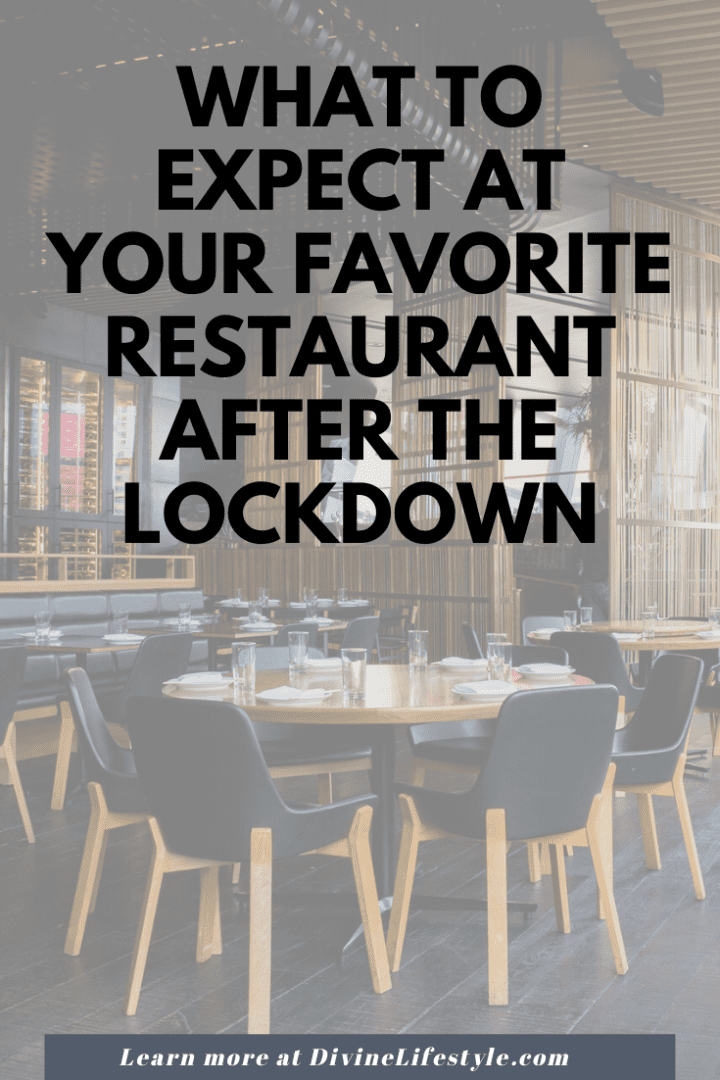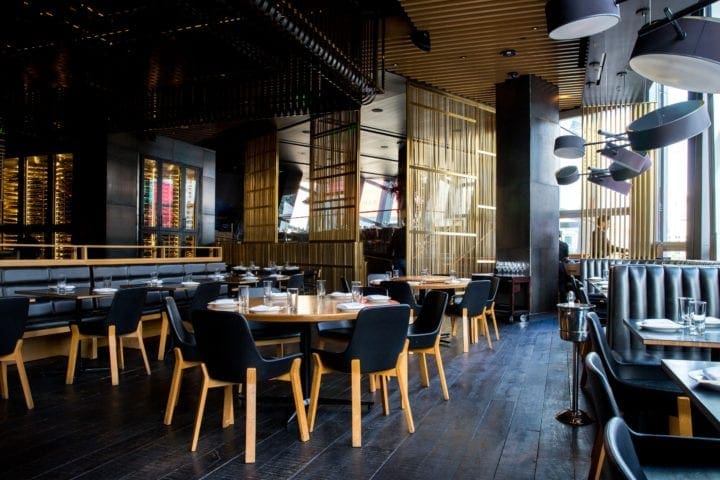What To Expect at Your Favorite Restaurant After the Lockdown
What To Expect at Your Favorite Restaurant After the Lockdown
The restaurant industry has been obliterated by the COVID-19 pandemic, with research by the National Restaurant Association indicating that the industry could lose up to $240 billion by the end of the year. As a result of people having to stay at home, the pandemic has become the greatest challenge the restaurant industry has ever faced to date, forcing many businesses to cease operations and let go of millions of workers. We hope that you find this What To Expect at Your Favorite Restaurant After the Lockdown post useful and that you check out our post-COVID hospitality industry insight.
Fortunately, in a bid to revive the dying economy through COVID-19 and restaurants, most states have started easing restrictions and are even allowing restaurants to offer some form of on-premise dining. But, until the virus is no longer a public health concern, it will not be business as usual for restaurants and you can expect to see some of these changes on your next visit.

What To Expect at Your Favorite Restaurant After the Lockdown
Updated operating procedures
Until the crisis is over, restaurants will have to completely change how they do things, starting with adapting new safety protocols to prevent the spread of the virus and to reassure potentially anxious customers. For one, you can expect to find all members of staff having personal protective equipment including masks, disposable gloves, and hand sanitizers. Most restaurants will also require you to take a temperature test and at least have a mask to be allowed in.
Restaurants may also make changes to their design and layout to minimize contact and ensure social distancing when customers start streaming in; some restaurants will reduce their dine-in capacities while others may shift to off-premise dining only by eliminating tables and adding drive-through and pick up lanes.
7 Changes Gyms Have Made to Adapt to COVID Restrictions
You may have to pay more
The cost of running a restaurant is rising rapidly, forcing many restaurants to increase their prices as they try to stay afloat during this tough period. As restaurants reopen their dining rooms, low occupancy requirements mean that they will not be making anything close to pre-pandemic sales. Food costs have also soared amid the pandemic, with the prices in the meat, fish, poultry, and egg category 7 percent higher than they were 12 months ago.
COVID-Friendly Wedding Ideas
Another new cost in the ‘What To Expect at Your Favorite Restaurant After the Lockdown' things that restaurants will have to incur is adding new safety features to prevent COVID-19 spread such as having a constant supply of personal protective equipment or installing plexiglass dividers in dining rooms. The cost of insurance is also rising, with workers' comp for restaurants likely to be more expensive for businesses as more states create presumptions of compensability to expand its scope. When it comes to COVID-19 and restaurants, prices may increase to cover some of these costs, but they will have to be extremely careful when doing so to avoid losing customers.

Contactless service – COVID and restaurants
One of the biggest worries customers will have when going to restaurants is touching things or surfaces that other people have touched. To make customers feel more at ease, restaurants are investing in technologies that add more contactless experiences. For example, instead of physical menus on every table, restaurants are providing digital menus that customers can access on their website or by scanning a QR code on their smartphone. Customers can also place orders, give special instructions to the chef, and pay at the click of a button without having to interact with staff. Restaurants can also borrow a leaf from the Royal Palace's book and use robot waiters to minimize human-to-human contact.
COVID-19: Stay Well Stay Safe Stay Solvent
The restaurant industry is facing severe challenges, including tremendous labor losses and sharp declines in revenue as well as a few permanent closures. However, dining in restaurants will go back to being the norm at some point, and it is up to restaurant operators to take well-calculated actions to preserve their businesses so that they can keep providing their services during the crisis and long after it's over. We hope that you found this post-COVID hospitality industry insight useful. We hope that you find this What To Expect at Your Favorite Restaurant After the Lockdown post valuable.
Services that are in fashion after the pandemic
You May Also Like






Pingback: Education is Moving Online Teaching Home School Divine Lifestyle